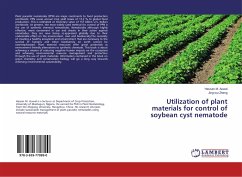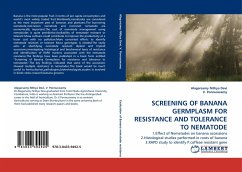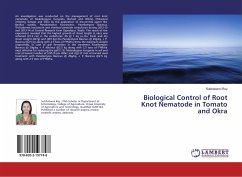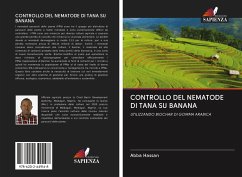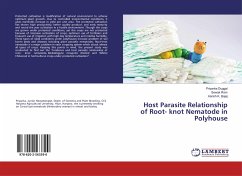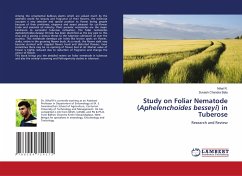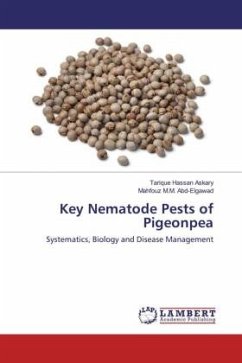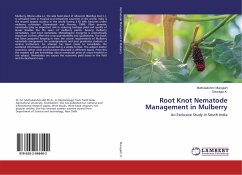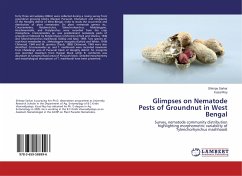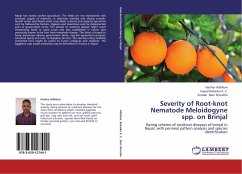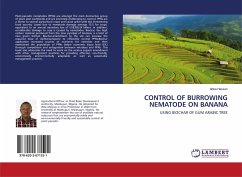
CONTROL OF BURROWING NEMATODE ON BANANA
USING BIOCHAR OF GUM ARABIC TREE
Versandkostenfrei!
Versandfertig in 6-10 Tagen
27,99 €
inkl. MwSt.

PAYBACK Punkte
14 °P sammeln!
Plant-parasitic nematodes (PPNs) are amongst the most destructive group of plant pest worldwide and are extremely challenging to control. PPNs are a threat to several agricultural crops and cause great yield loss threatening food security. Losses due to nematode damage average 13.5 for crops, equivalent to an annual monetary loss of US$358.24 billion. In addition, considerable damage to crop is caused by nematodes. Biochar, the high carbon material produced from the slow pyrolysis of biomass, is a kind of new green biofuel. Biochar-amendment to the soil can increase the required dose of dichlo...
Plant-parasitic nematodes (PPNs) are amongst the most destructive group of plant pest worldwide and are extremely challenging to control. PPNs are a threat to several agricultural crops and cause great yield loss threatening food security. Losses due to nematode damage average 13.5 for crops, equivalent to an annual monetary loss of US$358.24 billion. In addition, considerable damage to crop is caused by nematodes. Biochar, the high carbon material produced from the slow pyrolysis of biomass, is a kind of new green biofuel. Biochar-amendment to the soil can increase the required dose of dichloropropene to efficiently control PPNs.Biochar application increased sources of nutrients for microbes and then maintained the population of PPNs below economic injury level (EIL) through competition and antagonism between microbes and PPNs. This book also advocates the need to work on the various organic amendment with other management practices for providing effective, eco-friendly, economically, environmentally adaptable as well as sustainable management practice.



